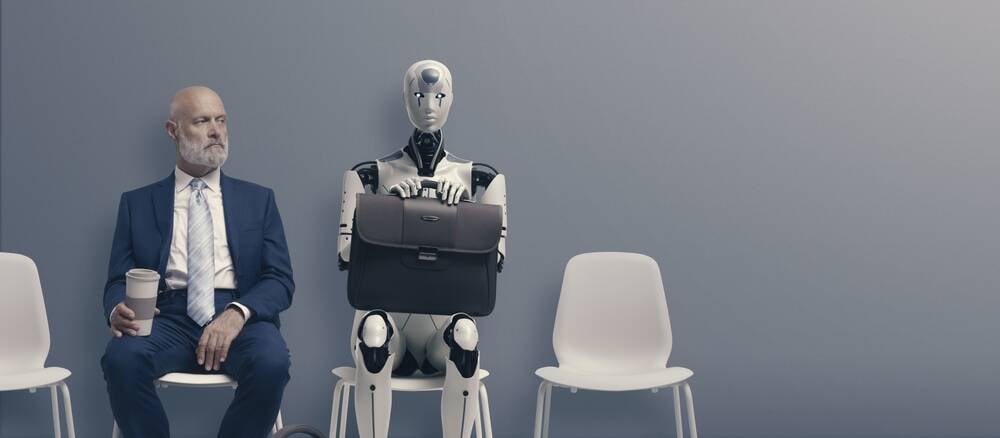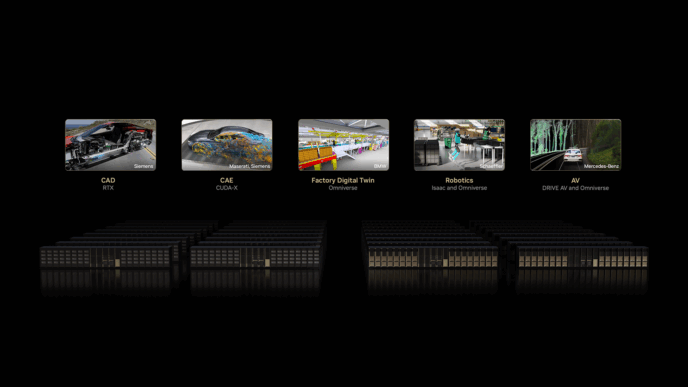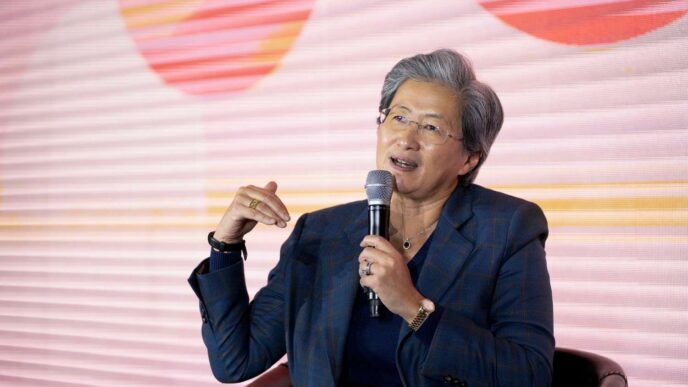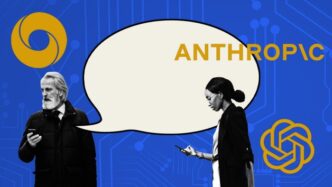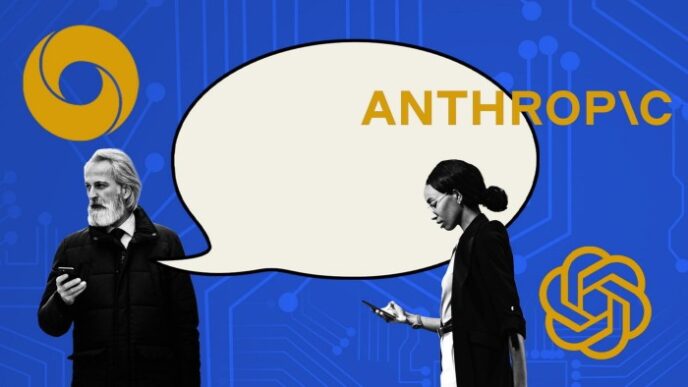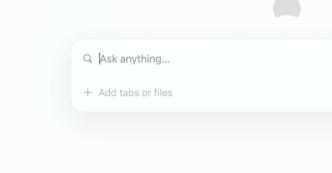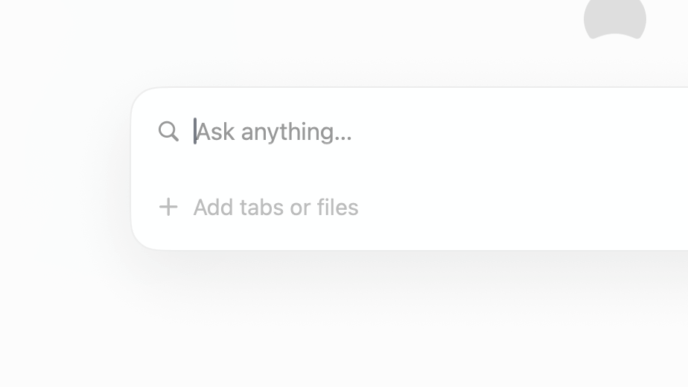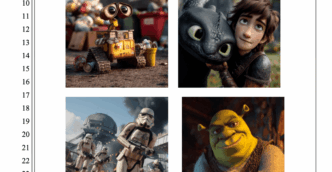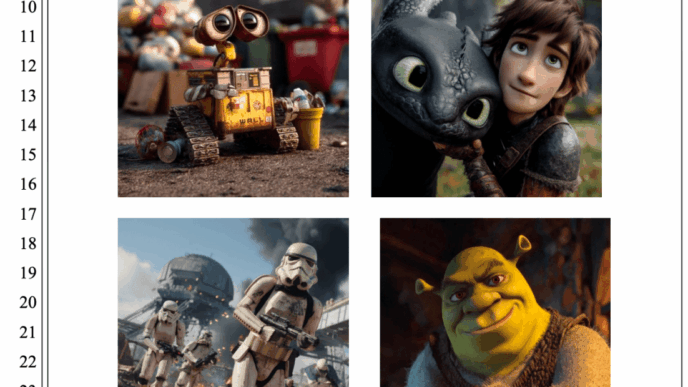Canva now requires developer candidates to use AI coding assistants during interviews.
The Aussie SaaS design giant ditched its old brain-only coding tests. Instead, applicants must demonstrate skills with tools like Copilot, Cursor, and Claude. This applies across frontend, backend, and machine learning roles.
Simon Newton, Canva’s head of platforms, explained why in a recent blog post. Nearly half their engineers use AI daily. Ignoring that in interviews meant not seeing how people perform on the job.
AI tools are essential for staying productive and competitive in modern software development
Newton admitted Canva’s prior approach “asked candidates to solve coding problems without the very tools they’d use on the job.” Candidates were even hiding AI use during tests. So Canva decided to embrace AI transparency instead.
The change sparked pushback inside the company. Some worried it would replace solid computer science basics with “vibe-coding sessions.” Canva reassured critics they still test fundamentals — just integrated with AI.
The pilot tests candidates on:
- When and how to use AI effectively
- Breaking down complex, ambiguous problems
- Making sound tech decisions with AI as a productivity multiplier
- Spotting and fixing AI-generated code issues
- Ensuring AI output is production-ready
Newton said top candidates didn’t just blindly accept AI output. They knew how to guide AI and judge its suggestions.
Interestingly, candidates with minimal AI experience often struggled, not because they couldn’t code, but because they lacked the judgment to guide AI effectively or identify when its suggestions were suboptimal
We believe the future belongs to engineers who can seamlessly blend human creativity and judgment with AI capabilities
He called the early results “promising” and said the AI-assisted interviews are more engaging and better predictors of real performance.
No doubt: experience with AI coding assistants just became a must-have skill for devs hoping to land a gig at Canva.

